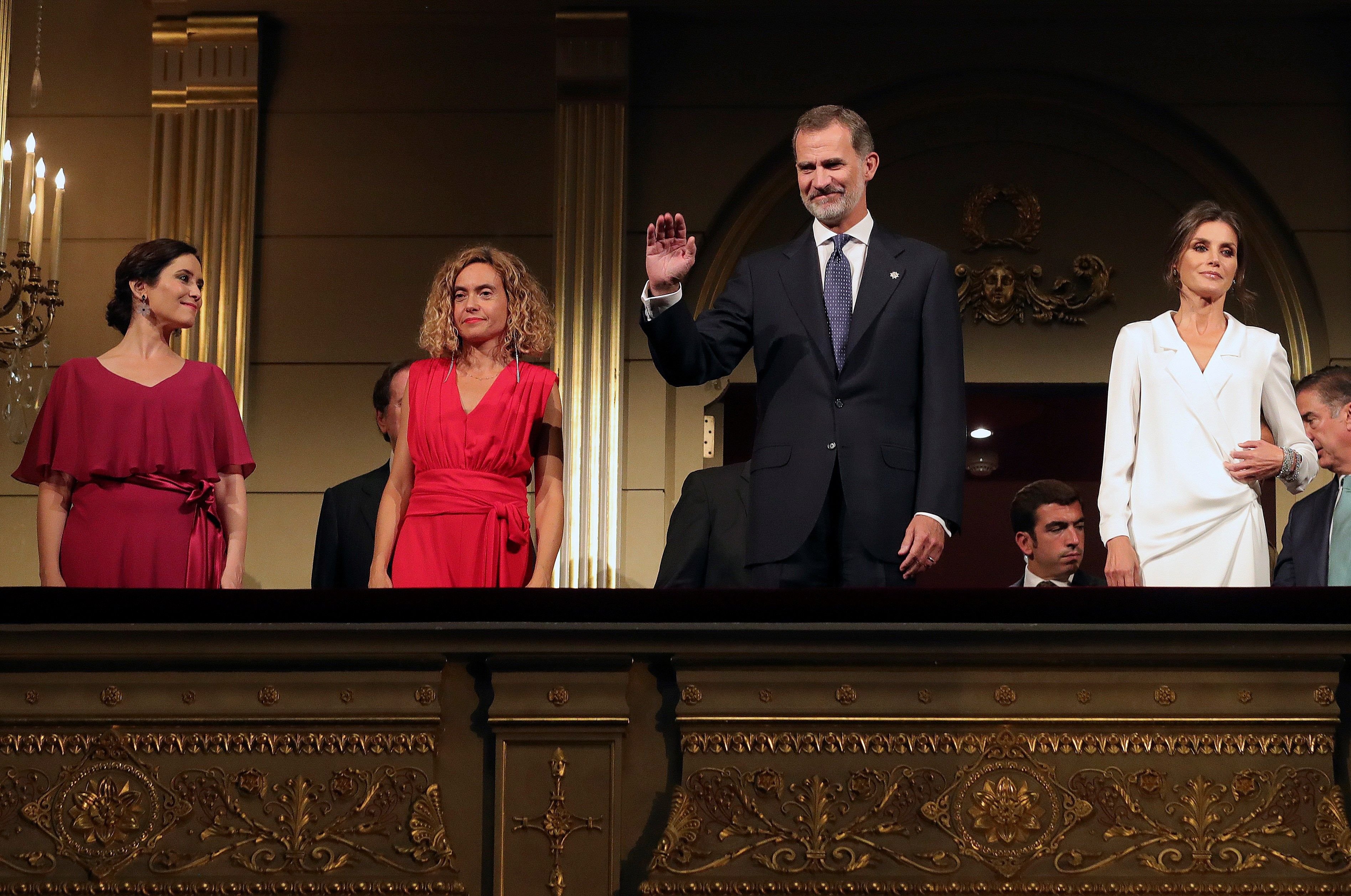"His Majesty the King has observed that there is no candidate with the necessary support to obtain the confidence of the Congress of Deputies (...) His Majesty the King has informed the speaker of the Congress that he is not formulating a proposal for a candidate to the position of prime minister." The statement made by Spain's royal house on Tuesday, after king Felipe VI's round of consultations with parliamentary party leaders in the Zarzuela palace and with the precursor of recent similar circumstances in 2016, is unprecedented. According to former Supreme Court judge José Antonio Martín Pallín, the monarch has deviated from the role he is granted under Article 99 of the Spanish Constitution, which regulates the investitures of new governments.
In statements to ElNacional.cat, the Spanish judge emeritus maintains that "the investiture debate, whether failed or successful, must always be carried out in parliament", and not in the offices of the Zarzuela. In this regard, judge Martín Pallín recalls that "the Constitutional Court has already said that, in the event that all attempts to invest a government fail, before the end of the alloted time - without prior consultations even being necessary - the candidate of the party with most seats in Parliament must be proposed". But this has not been done. "The king has decided not to propose any candidate, which is equivalent, de facto, to dissolving Parliament," continues José Antonio Martín Pallín, who adds: "What the king has done is not foreseen in article 99 of the Constitution. The King has deviated from what the Constitution requires in these cases."
"This is a matter of great constitutional gravity, and someone should have warned the king that it was not possible for him to dissolve the Cortes without the investiture session having previously failed," states the jurist. "I am referring to the session, not to the conversations, which have a very generic character," he stresses. Similarly, he believes that a warning on this should have been conveyed to the speaker of the Congress of Deputies, Meritxell Batet, "who swallowed it down without any objection."
Martín Pallín recalls that Spain is a parliamentary monarchy. "What has to be decided, must be decided with the votes of the 350 parliamentarians in the Congress of Deputies, not while drinking coffee with the king," he says. In this regard, he notes that all of these elements - the conversations, the reviewing of positions, the absences within parliamentary groups and even the ability to cross the floor of the house, that is to say, the possibility of rebel deputies - all these things are part of the parliamentary process. Take the present example of the United Kingdom, where there are twenty-one Conservative MPs who have had "the whip withdrawn", effectively being expelled from the party within government. "That is a parliament; the rest are a kind of college, where the parliament doesn't really serve any purpose," he laments. The judge emerit says ironically that, more than a parliamentary monarchy, Spain is a "monarchy with a parliament."

